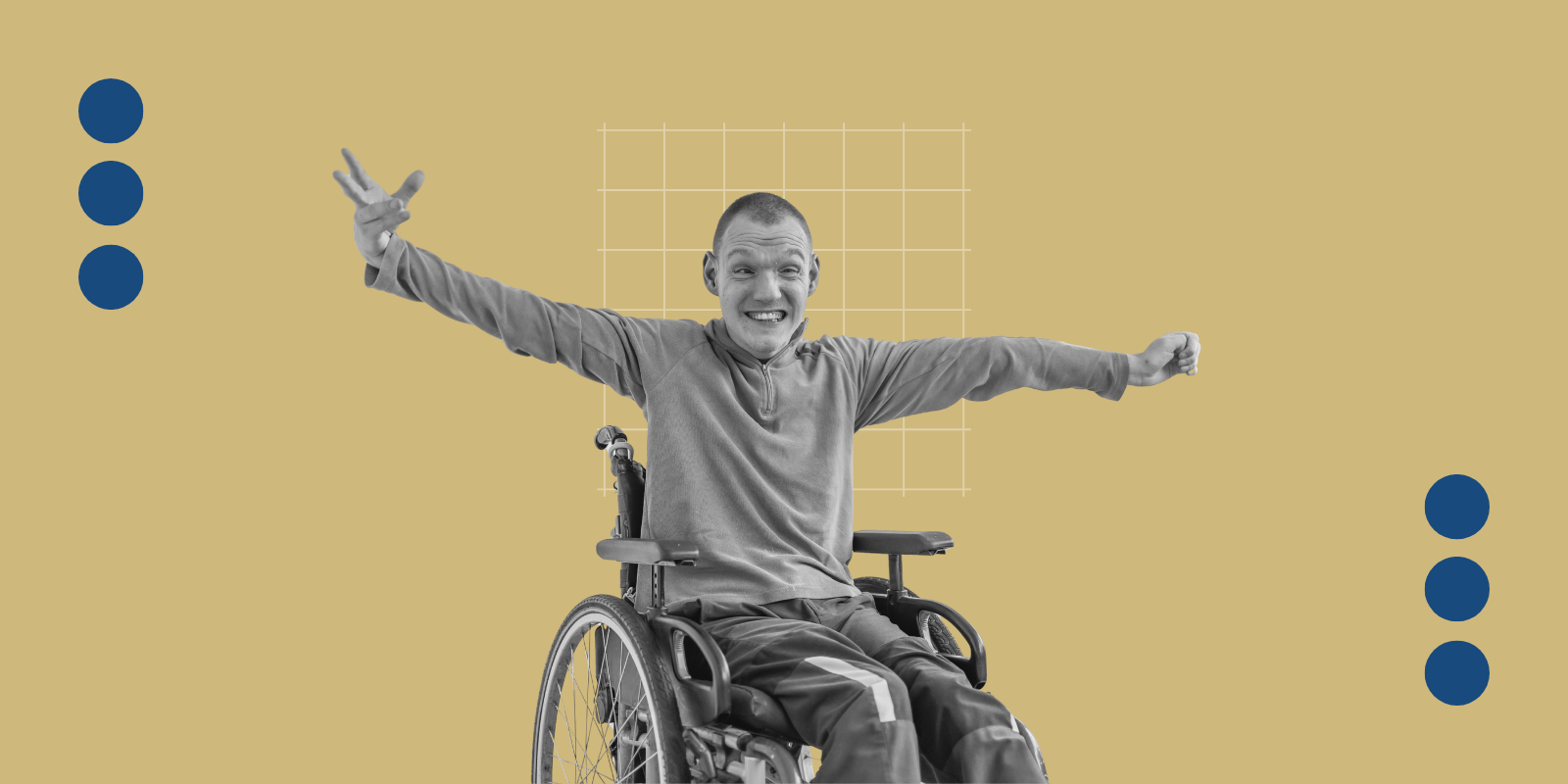ACCORDS is expanding its assistance for investigators to help improve the delivery of care for patients. The new Learning Health Systems (LHS) core, directed by Michael Ho, MD, PhD, professor in the Department of Medicine at the University of Colorado School of Medicine, will use data and analytics to generate knowledge, engage partners, and implement electronic health records (EHR)-based behavior change interventions to transform clinical practices.
“The LHS core will aid investigators on that journey toward these aspirational outcomes,” Ho says. “An attribute of a learning health system is that it can be more responsive than traditional research. This helps to address the lag time between evidence generation and application of knowledge into health care delivery.”
The LHS core, along with ACCORDS’s five current methodologic cores, provides critical support for the development of new projects, grant proposals for faculty, consultative support to investigators, as well as support for programmatic areas. Each methodologic core follows a system of methods and rules related to its discipline. The new core will align with and leverage principles from other ACCORDS’s cores.
“LHS has overlap with the other cores because of the multidisciplinary nature of a learning health system,” Ho says. “To avoid duplicative work, the core leads are working together to ensure synergy moving forward.”
Improving health care delivery and understanding
The LHS core will support researchers in designing and evaluating clinical interventions in partnership with health systems to improve patient care and clinical processes. The goal is to advance health care delivery through improved outcomes and increased efficiency and value of the care delivered to both patients and the system.
“Programs are often implemented without evaluation or understanding of whether it’s working,” Ho says. “Our objective is to understand how clinical programs are working, what the results are leading to, and if they are working better for some than for others. The LHS core will discover more efficient ways to help answer questions for our clinical and operational partners.”
“The Learning Health System Core will also advise researchers using electronic health data to learn about and improve clinical and operational effectiveness,” says Sharon Pincus, MA, LHS, research services principle professional.
Collaborating with the Navigation Lab
In addition to launching the new core, Ho and Pincus lead the Navigation Lab (NavLab), where they partner with health systems to perform rigorous and timely evaluation, implement and disseminate new knowledge and innovation, and engage relevant stakeholders within a learning health systems framework.
The LHS core and NavLab are comprised of the same members. Through the core, Ho, Pincus, and their team will provide advice and expertise. The consultation services include one-to-two meetings with an individual or the team to address research inquiries.
“Over the past 5 years, the NavLab collaborated with clinicians and operational leaders throughout the health system. Evaluations were conducted in inpatient and outpatient settings using qualitative and quantitative methodologies, and the team looks forward to applying lessons learned in LHS Core consultations,” Pincus says.
If the NavLab is funded on a grant, an ongoing collaboration with the NavLab can be established where the NavLab team becomes the execution arm of the LHS grant. This partnership allows researchers and the NavLab to effectively evaluate clinical programs and address important operational questions in a timely manner.


.jpg)


